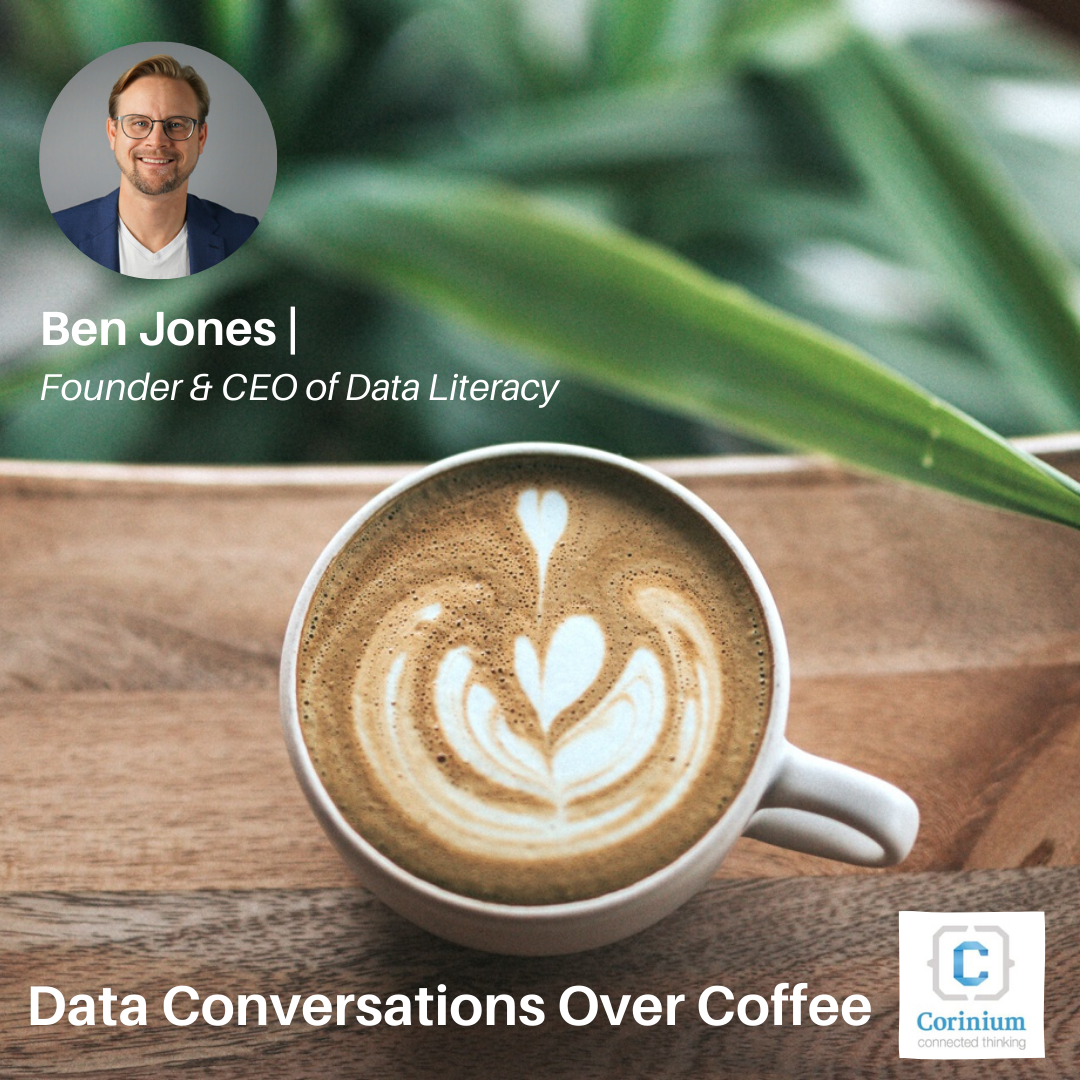Coffee is a great medium for engaging in casual conversation with friends and associates in your network. Meeting up with James the other day, who is a Chartered Accountant, we got to talking about his field of work.
“Money’s just money, right? It’s just about some numbers.” I said, and he nearly fell off his chair. Once he stopped coughing from having swallowed incorrectly, he recovered and started explaining that money has so many aspects to it. There is costing, pricing, cash management, forecasting, and so much more, not to mention accounting. There are even financial products and so called instruments used worldwide to create a whole marketplace for exchange and trading. There are rate differentials and debt ratios, time values and compounding. It’s a highly technical and complex field.
It became clear that my financial literacy levels where nowhere near what would be considered general knowledge for anyone working commerce. But this got me thinking; How many conversations are ongoing in my line of work? And what are the literacy levels around data?
One can hardly go five minutes in any circles these days without the “hot topics” of AI, machine learning and data coming into the conversation. Many of these conversations wind up stuck with an existential crisis of the singularity happening with no need for the "inferior natural intelligence” us humans seem to display (tongue in cheek). Having had a few of these conversations I got a sense that one, almost tangibly could distinguish different “levels” of conversation field that lead to an indication of what the current understanding of the topic is. Much like I realized my conversation with James was at a relatively low level of literacy on Finance.
“Data is just data, right? It’s just about a bits and bytes in a computer.” It was my turn (feeling the heat). “What! That’s insane!” There is so much more to data and unfortunately all the hype around it is not helping people get a good understanding of what it all entails. Misconceptions and fear fuel the complexities of challenges already facing so many organizations today who embark on a drive to "value the data asset". Faced with the magnitude of the shift many resign themselves to some common mantras; “It’s a major Change Management initiative”, “We need a culture change” or the slightly more advanced “Let’s get people trained to up”, but to do what?. Whilst these are all good acknowledgements that action is needed, more often than not they end not achieving their intended goal.
That got me thinking some more; If one could have conversations across different parts of an organization on the topic of data and somehow estimate the “level” of the literacy they infer would that help decide on more targeted interventions? And, what else could one learn from such a process? This would have to be done with the utmost respect for individual knowledge and vocations. It would be easy for James to think I’m completely ignorant on Finance but thankfully he helped me see Finance in some simple but effective analogies.
Just like one can build a basic literacy on Finance (e.g. Personal Finance, Finance for Non-finance managers, Understanding Project Finance, etc.) and schooling helped form some of our early understanding on the topic; so too Data literacy will have to become more general knowledge. Especially given the future of work hyped about in so many forums.
The field of Data (and Analytics) is broad and varied in many functional disciplines just like Finance and other fields. It’s about more than “just of set of fields that need to be cleaned”. Here is quick list of some disciplines to help get the conversation started and build up a better appreciation of the extent (more are being added almost daily e.g. translator):
- Data Operations
- Data Architecture
- Data Analytics
- Metadata management
- Quality management
- Data Security
- Data Engineering
- Data Integration
- Data Science
Whilst many of these can be considered specializations just like "Procurement", “Costing”, “Financial Modelling”, “Derivatives”, and “Investment management” there is a general level of literacy that has become expected in modern life (both for Finance and more recently Data). Towards that goal I'll be covering some analogies and concepts that hopefully will help us all on the journey.
Keep an eye out for upcoming articles, Share your thoughts in the comments below or feel free to reach out on dataguyza@gmail.com for a chat.
Secure your seat at DataCon Africa 2020 to hear more insights around data literacy.



.png)




